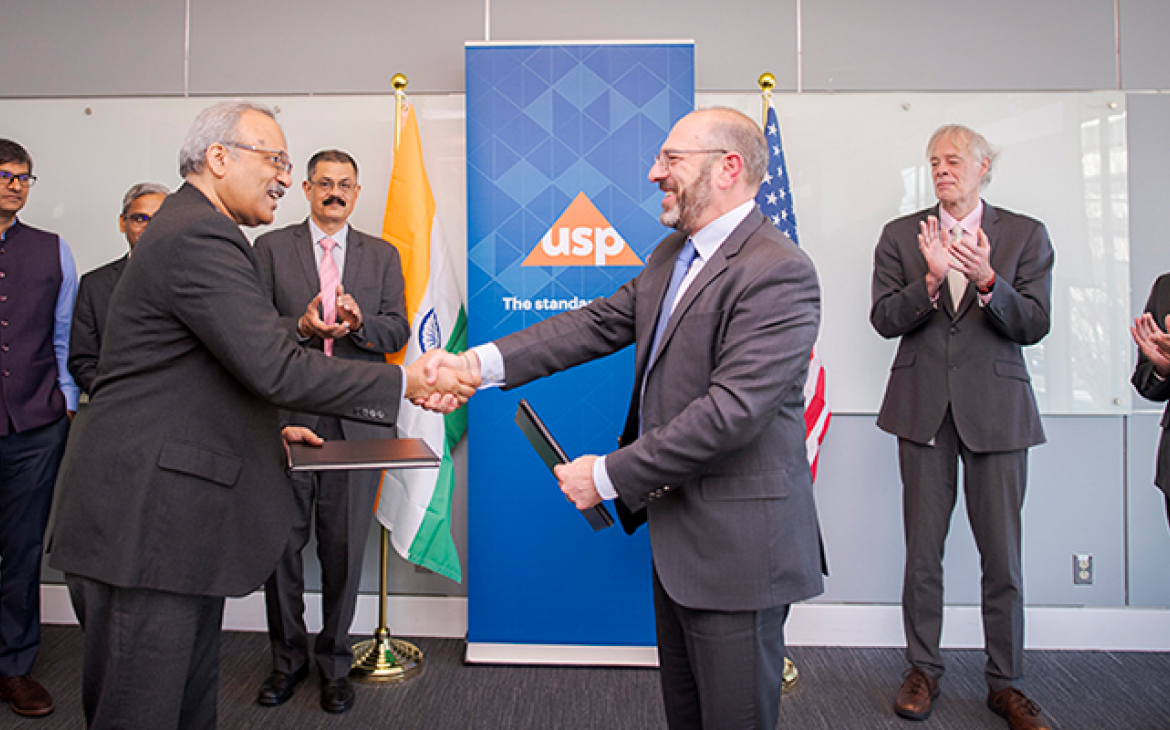
Epidemiologists are consistently asserting that herd immunity of at least 60% of the population will be required to stem the large number of illnesses and deaths from COVID-19. Herd immunity can happen in two ways. One, through exposure and infection of the virus or two, through immunization. Of these two options, immunization clearly is the only viable approach because it will spare the millions of deaths that would accompany 60% infection.
To develop a vaccine, the pace of scientific research has never been faster, with more than 100 vaccine candidates in development. But, along with speed and leveraging different strategies, including live attenuated viruses, viral vectors, proteins, and DNA or RNA vaccines, we need to ensure that new vaccines and treatments are trusted by healthcare providers and ultimately patients.
While vaccines have an outstanding track record of safety and quality, there have been isolated instances in the past in which rushed vaccine development and questionable manufacturing practices resulted in healthy patients becoming sick. For example, in 2018, the exposure of patients in China to over 100,000 doses of poor-quality vaccines for diphtheria, pertussis and tetanus shook public confidence in vaccines in China, which sparked public health concern and outcry. Since then, new regulatory requirements, standards and expectations for manufacturing and licensing of vaccines have been put into place.
Vaccines effectively impact an epidemic, and even more so for a pandemic, only if enough people are willing to take them. And public adoption of a COVID-19 vaccine is already wobbling before it is even developed.
One recent poll found that today only about half of the U.S. population (49%) would get vaccinated if a coronavirus vaccine became available. Another 31% say they are not sure they would take the vaccine. Achieving the right balance of accelerated research and quality assurance in vaccine development is essential to build public confidence in the value of vaccination. Initiatives around the world, such as the U.S. Operation Warp Speed, as well as many other public and private programs and partnerships, intend to shorten development timelines by coordinating and investing in manufacturing upscaling in parallel to ongoing clinical development and coordinating countermeasure development. A quality-assured vaccine following strong science and regulatory strategies may help alleviate concerns raised by the anti-vaccination movement, a global health threat enabled by low confidence and misinformation, complacency, inconvenience in accessing vaccines, and language or literacy challenges.
While developing a vaccine is difficult, scaling up production to make it available to billions of people around the world is even more challenging. Challenges including sources for high-quality raw materials, injection and delivery devices, temperature control and the potential need for stable temperatures and a cold chain across the distribution chain are considerations that must be planned for immediately. Fortunately, all of this can be done without compromising the need for safe, effective vaccines of high quality, and standards exist for many of these imperatives.
Public quality standards: A key part of building trust in expedited vaccine development
The quality of many drug products is evaluated by comparing the manufacturing processes and, in some cases, the product to benchmarks, or standards.
For over 200 years, USP has been developing standards that include tests and best practices that often address common issues shared by drug manufacturers, such as contamination control, stability testing and qualification of raw materials. USP standards have also served as a transparent source of tests and acceptance criteria to show what “good” looks like for drug ingredients and drug products. They help ensure quality and support innovation and manufacturing and can decrease the risk associated with independently developing tests for quality that may not live up to regulatory expectation.
Developers of biological medicines, including vaccines, may not always have adequate resources to ensure quality of their products, and they can leverage the USP publicly vetted tests that have been developed and accepted by experts and regulators around the world. Moreover, when a specific question or problem arises repeatedly among developers, USP can quickly collaborate with stakeholders to develop a new test to address that problem and run studies involving our extensive collaborating laboratory network to confirm the vaccine’s performance under real-world conditions.
USP is able to provide this support because USP standards are developed through a collaborative process in committees made up of experts from industry, healthcare, academia and regulatory agencies who volunteer their time to USP standards setting. Our expert and laboratory networks are international, with representation from six continents, and therefore serve as a framework that can support the degree of international collaboration necessary for both manufacturing and distribution, as well as building global trust in COVID-19 vaccines.
Resources and technical assistance available from USP
We all must work together to stem COVID-19. USP has recently launched the Trust Accelerated program, which offers free resources and technical assistance to scientists, developers and manufacturers researching quality COVID-19 vaccines and treatments. Visit www.usp.org/covid-19/trust-accelerated for more details.
Learn about how USP standards support quality vaccine development


